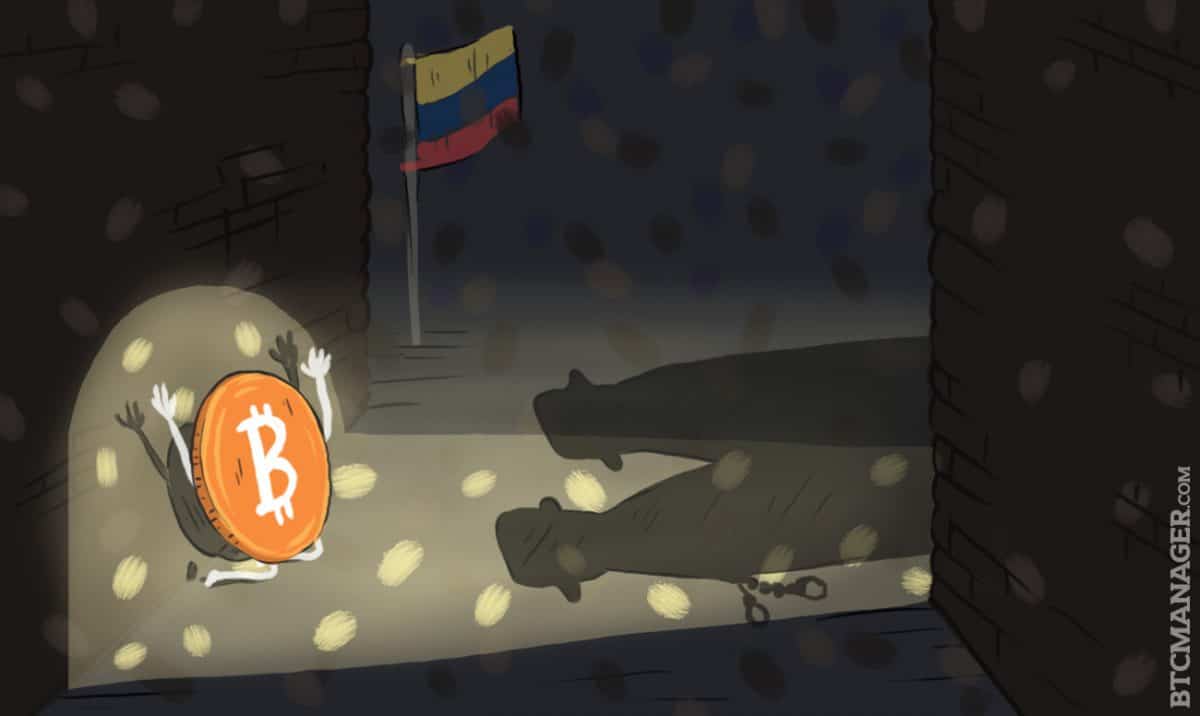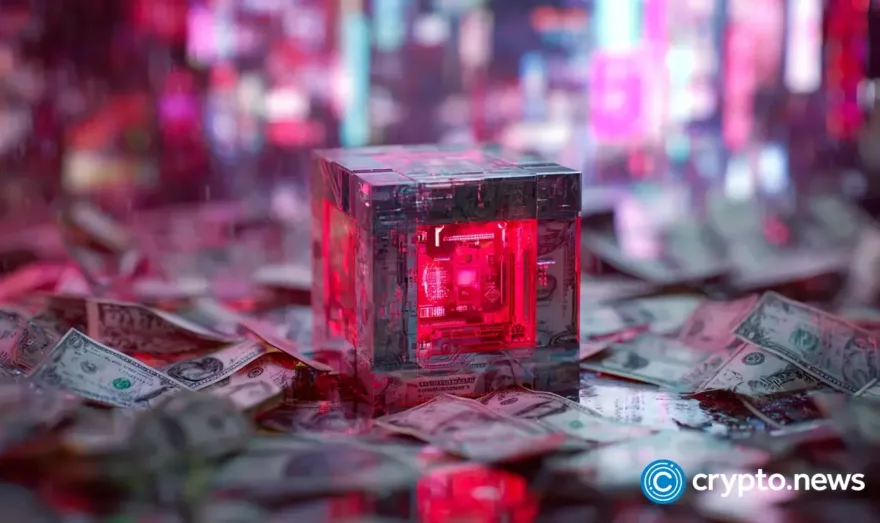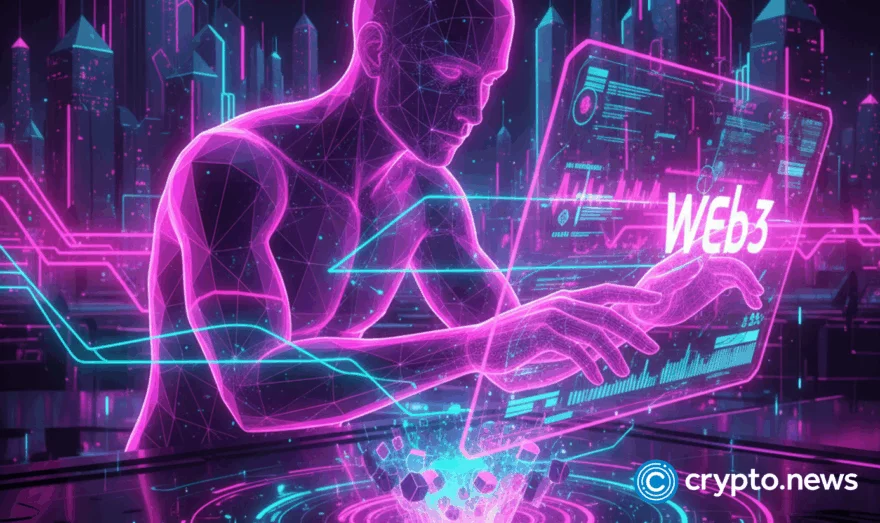Venezuela in Crisis: A First-Hand Account from Bitcoin Venezuela

Venezuela is a country in limbo, when it comes to bitcoin. Using bitcoin isn’t exactly illegal but it isn’t exactly legal either. Recently the government has launched an offensive campaign against Bitcoin in the country, and people using bitcoin are being arrested.
Since 2014, the government has been raising capital controls and the country’s currency, the Bolivar (VEF), has been fluctuating ever since. Inflation levels have been higher than ever and people are witnessing their savings losing value every day. This situation has attracted many Venezuelans to Bitcoin. For some time, the industry around Bitcoin was blossoming as more and more people were becoming actively interested in this new technology.
Now, the government has initiated an offensive maneuver that is stifling the local digital currency industry. To uncover more about the disturbing situation in Venezuela, BTCMANAGER spoke with Randy Brito, the founder of Bitcoin Venezuela. Here, he paints an intimate, first-hand picture of what is going on in his country.
On the Bitcoin community in Venezuela
It is a big community, and it’s not Bitcoin only. It’s more about payments, international transactions, and buying online. The banking system in Venezuela is very old and archaic, so it has a high fraud rate. As there [have been] capital controls since 2004, people have always looked for ways to be able to buy goods online from other countries. So Amazon gift cards, PayPal and Neteller were like the Venezuelans [safe] money for years, but then came Bitcoin. It is another way to get international money. Some people use it as [an] investment, so they give liquidity to those buying and selling for real needs, like buying online or importing things. People are trading “balances” for local currency or for balances of any other payment method they can get their hands on. Many use credit cards from online companies or have bank accounts in foreign countries.
Venezuela was increasing in the number of [bitcoin] users at a good pace until a [short] time ago. More and more news came out bringing more users on board; people are just learning, others are mining, and others are basically trading. But a couple of weeks ago the SEBIN (the Venezuelan FBI counterpart) started raiding Bitcoin mining farms and arrested a few people. Our Facebook group, which is one of the biggest and most active bitcoin groups in the world, was set to “Secret” because people were too afraid (I don’t understand why that would help) and now it cannot be changed, so anyone looking for Bitcoin in Venezuela on Facebook will not find it.
On Venezuelan state TV raising an aggressive campaign against Bitcoin
My guess is that it is related to their political propaganda agenda. The government is doing all sorts of bad things which they think will help them to perpetuate the regime. “Shutting down the currency of the criminals” is something they think they can sell as a positive achievement by the Government, but they’re wrong. People in Venezuela using bitcoin are still learning how to actually use bitcoin for real transactions…They want it to appear like a big prosecution, but it looks more like a political persecution. They are probably looking for some way to have any “good news for the Revolution” so they can [look like] winners.
On the companies operating in Venezuela
Besides a couple of stores accepting Bitcoin payments, there are no Bitcoin companies in Venezuela. There are only two exchanges dealing in VEF; both are based outside of the country. There are a few stores and professionals that accept Bitcoin payments. As for the miners, there are more but now they go low profile for their own safety. People there are too focused on not getting killed and having enough food to survive the day. Same thing for companies; they just try to survive. They either get shut down or robbed by any person with power and closer ties with the authorities.
On government regulation against Bitcoin
Inflation in Venezuela is around 300 percent up to 1000 percent. Using any other currency inside the country is illegal. There are capital controls and strict restrictions on cash. Besides, the highest valuable bill note can’t buy you anything. People are carrying stashes of bill notes to buy food, if they find food. The Government was quiet about Bitcoin until some time ago, for their own interest; some politicians are miners themselves or they take a chunk of the profits of big miners. Bitcoin isn’t either legal or illegal; it is not even regulated, but with what has happened recently once again goes to prove that the law doesn’t matter when political interests are at stake.
On the growth of Bitcoin services in the country
The growth is in the user base. The number of people using Bitcoin continues to grow every day. But the use of it is mostly to buy outside of the country or pure online purchases, and also sold almost instantly to VEF, the local currency, to keep up with inflation and groceries that are bought at 300 percent of the price in stores.
On the future for Bitcoin in Venezuela
More people will still use it every day. Bad news that affects Bitcoin users is sad, some is awful news, but that only gets people more interested in Bitcoin. People will probably go more low profile, use pseudonyms and try to be more safe by not publicly talking about Bitcoin and such.
In my opinion, Venezuelans are too desperate for their local currency, the Bolivar (VEF), and that situation slows down real Bitcoin adoption. To face this situation, the only way is to offer products, food, groceries, and medicines [directly] for Bitcoin, but they are too afraid of the government going after them and putting them in jail for doing so.
How the larger Bitcoin community can help Venezuelan bitcoiners
That is complicated. But I think the only possible thing that can really be done is to hire Venezuelans and pay them for their remote work/service in Bitcoins. That would give them secure money. The problem is that they still need local currency to survive. I’d prefer people to use Bitcoin only and never convert to local currency, since problems come when they do that.
This interview has been lightly edited for syntax and clarity.















